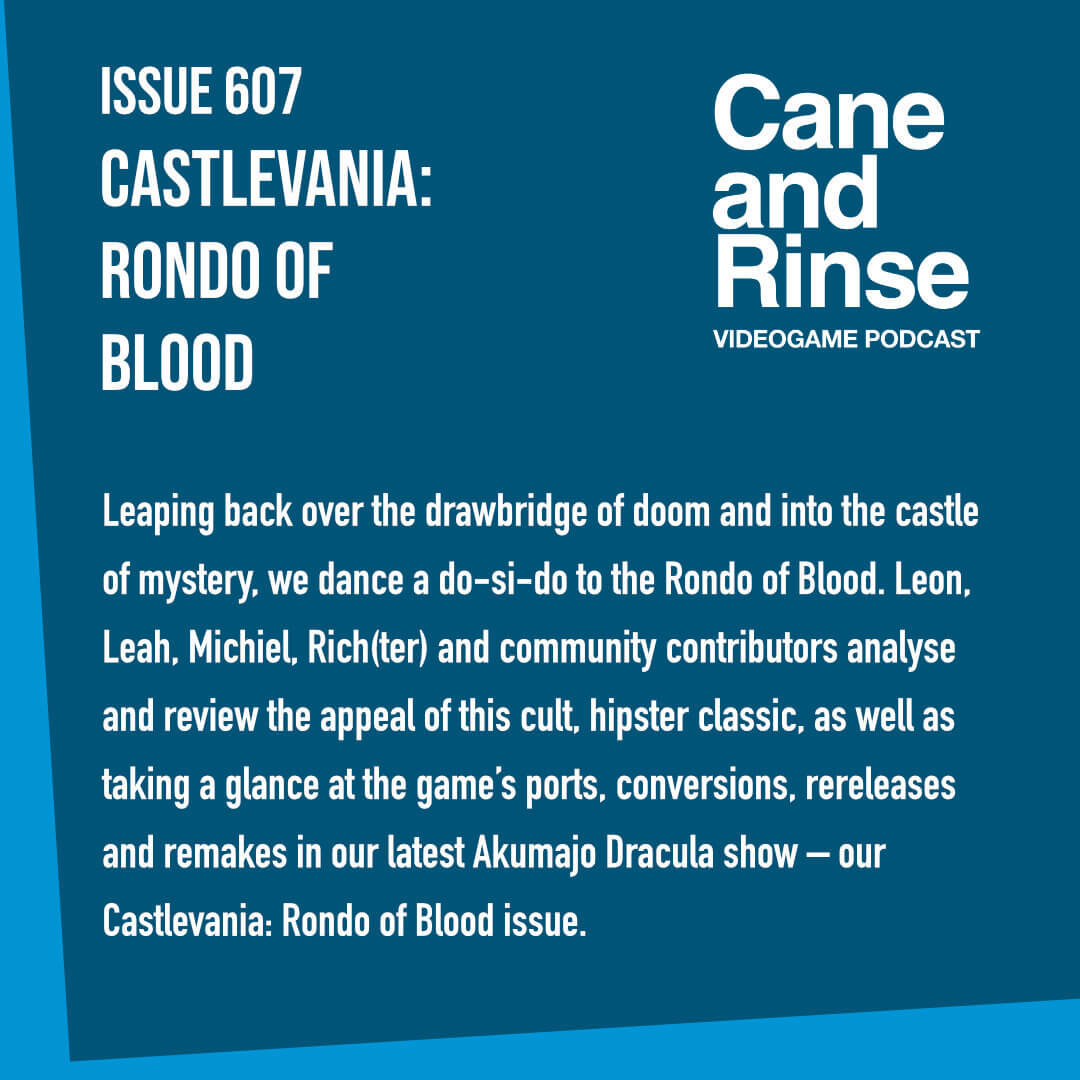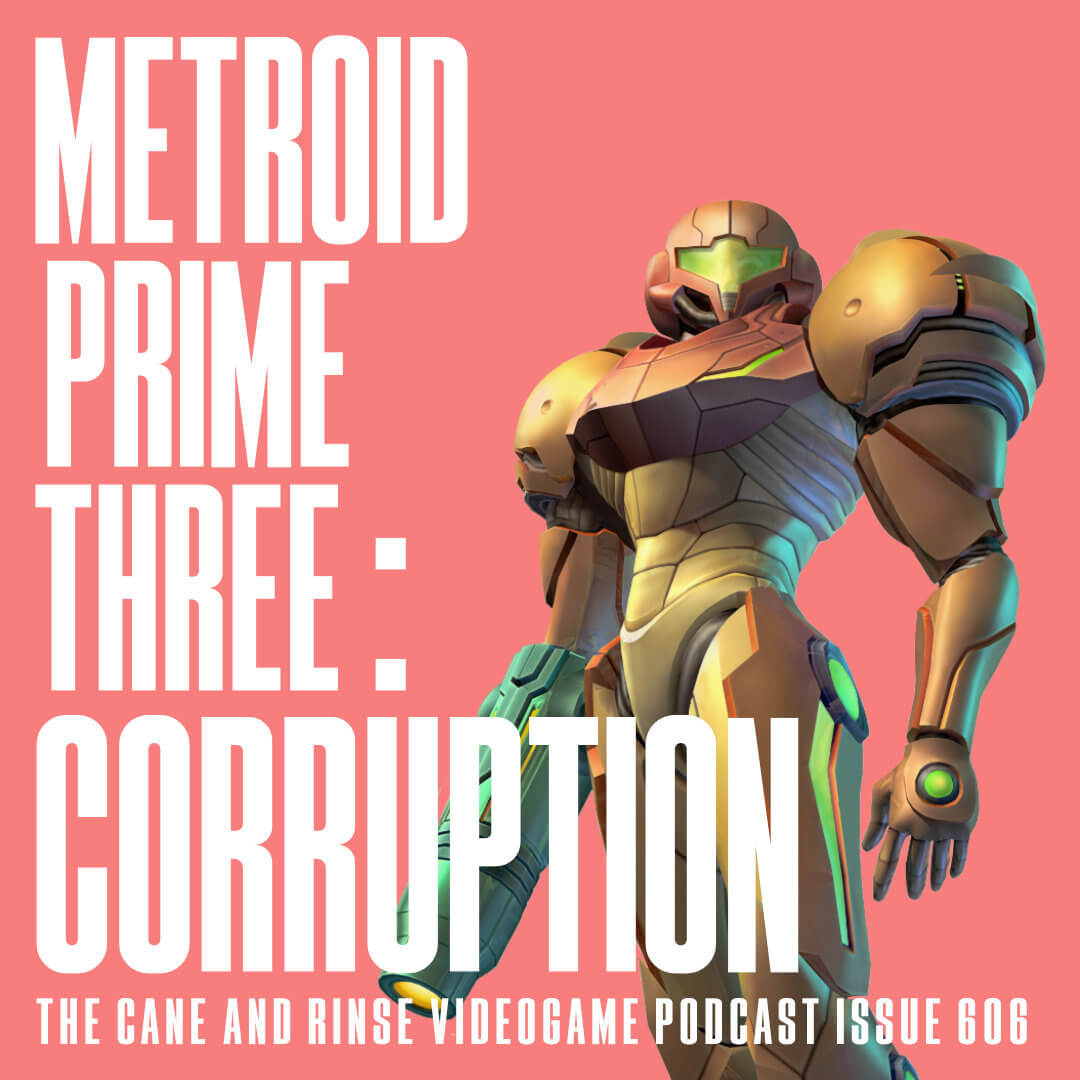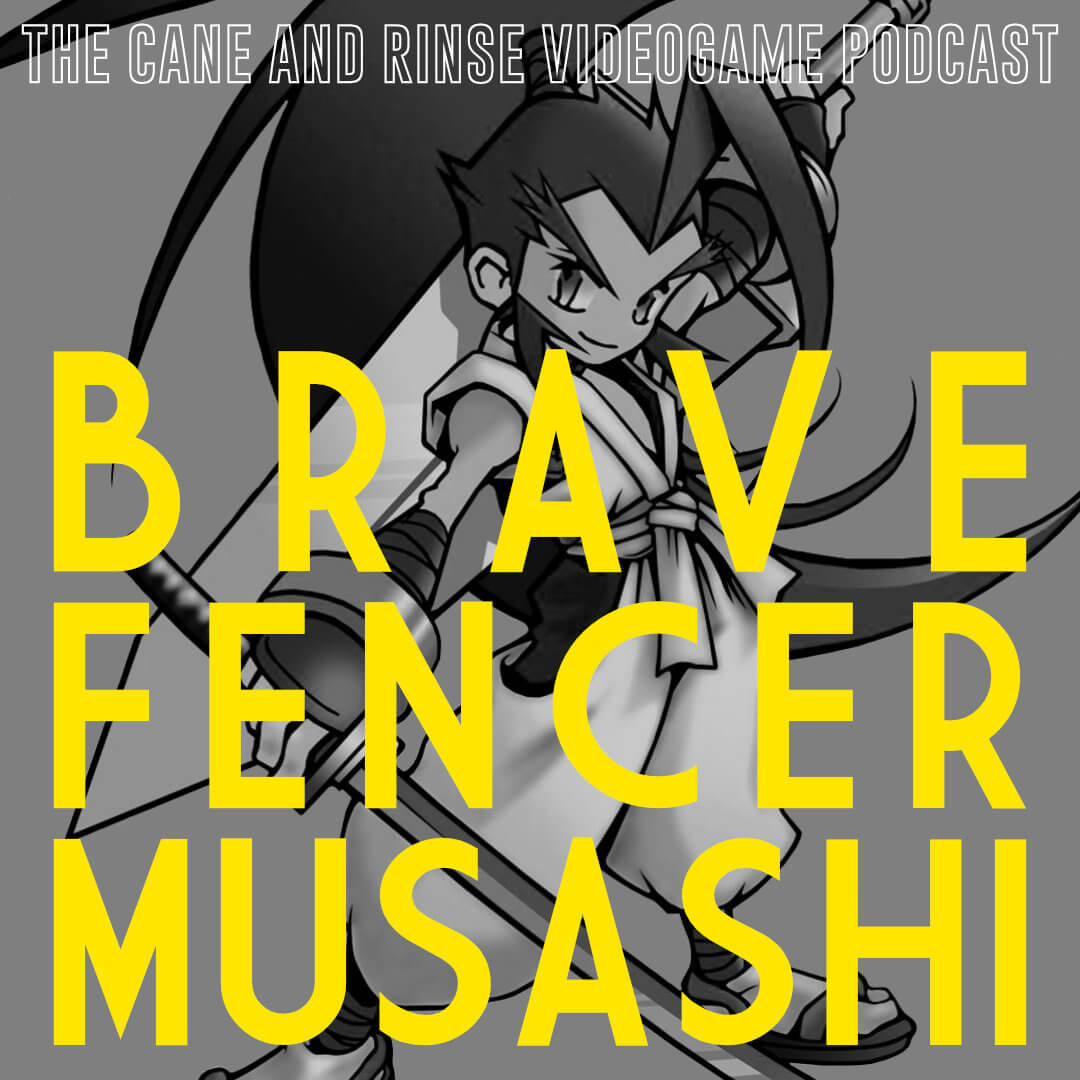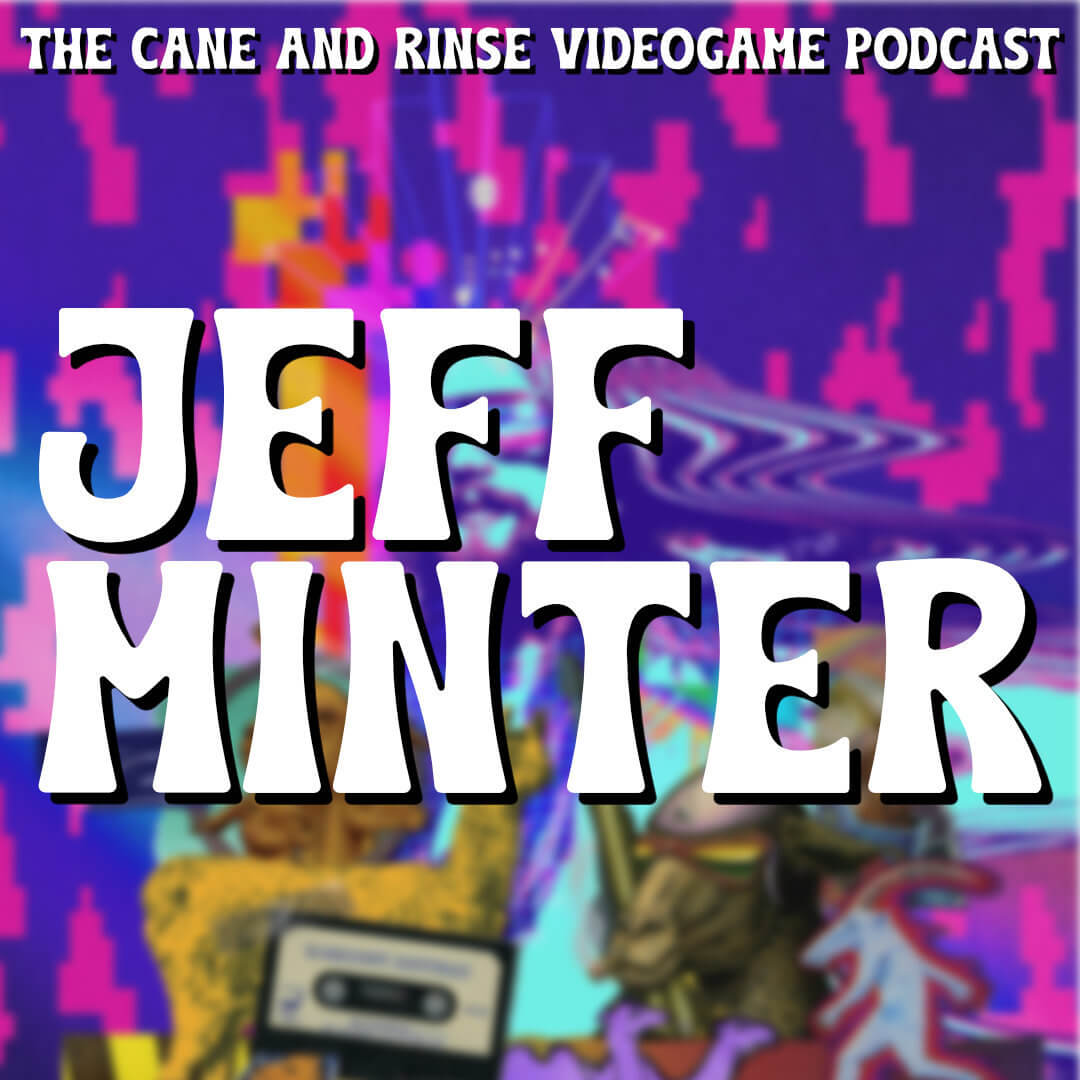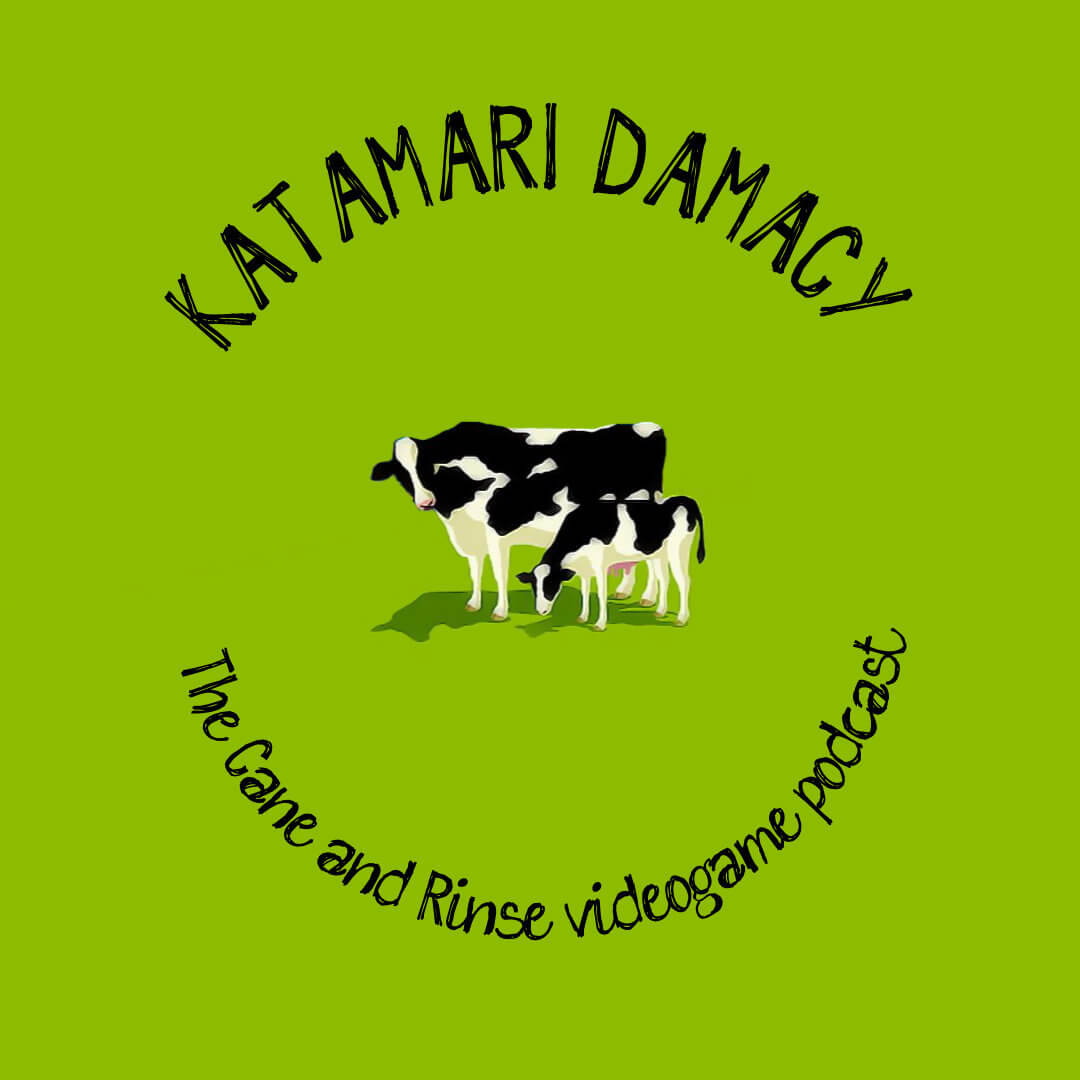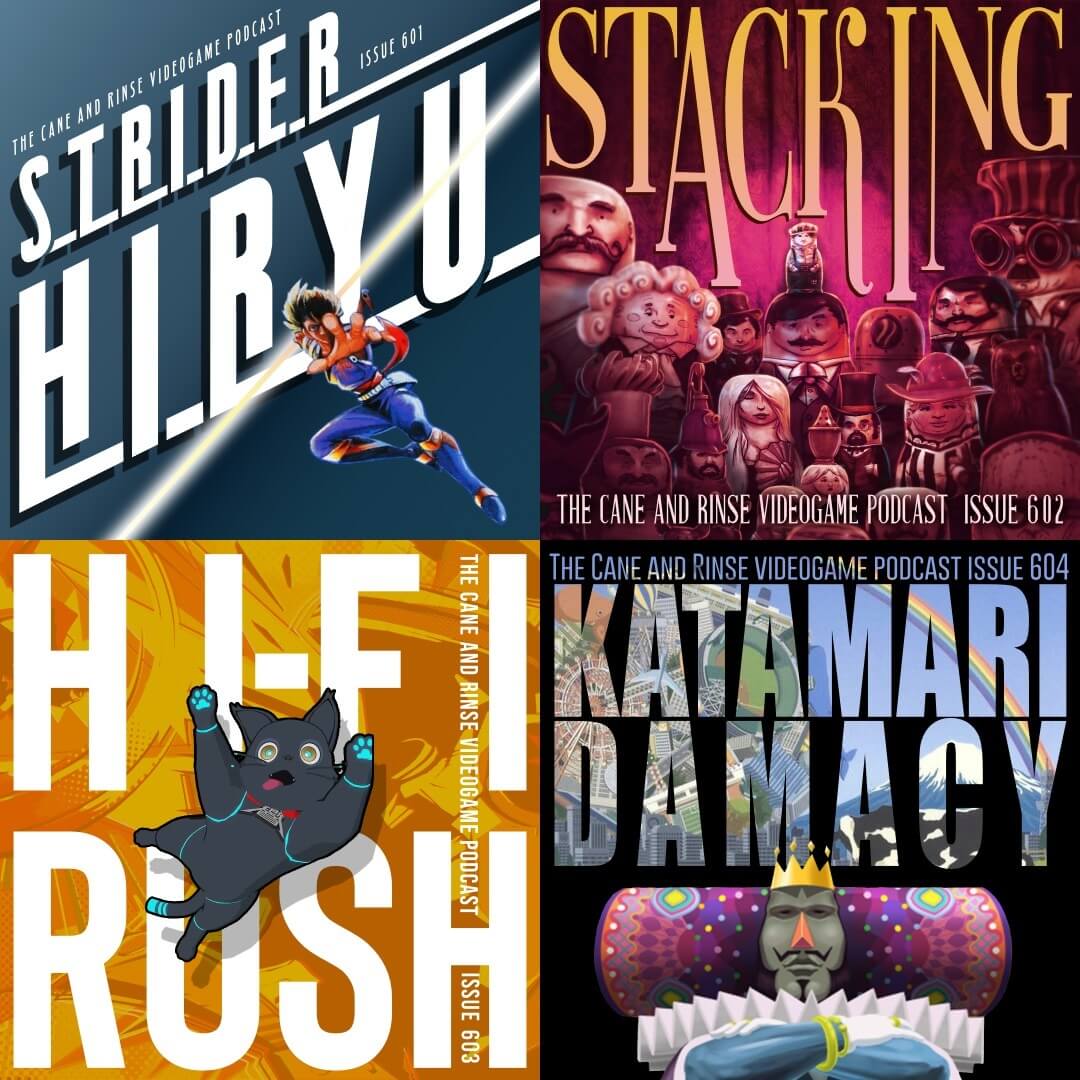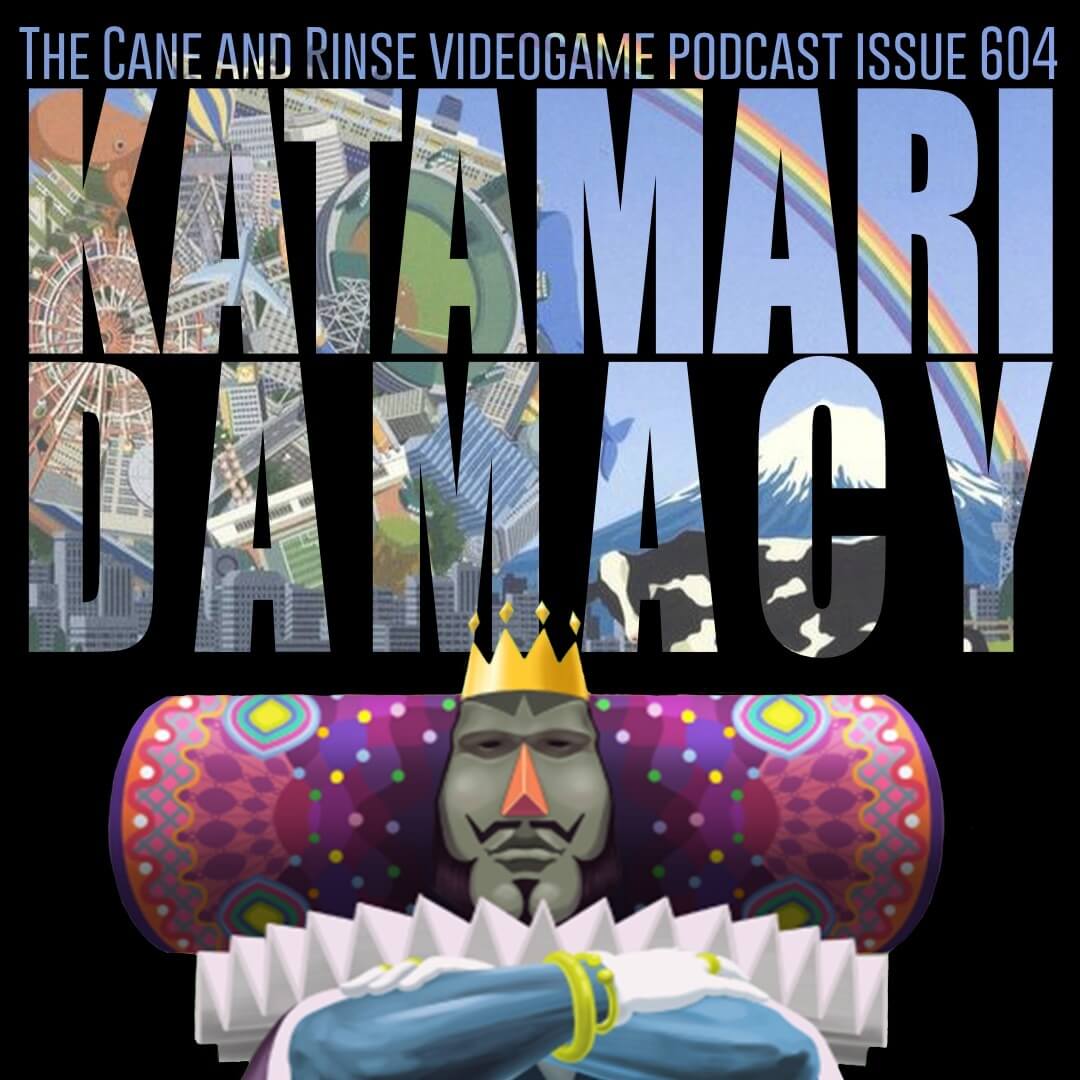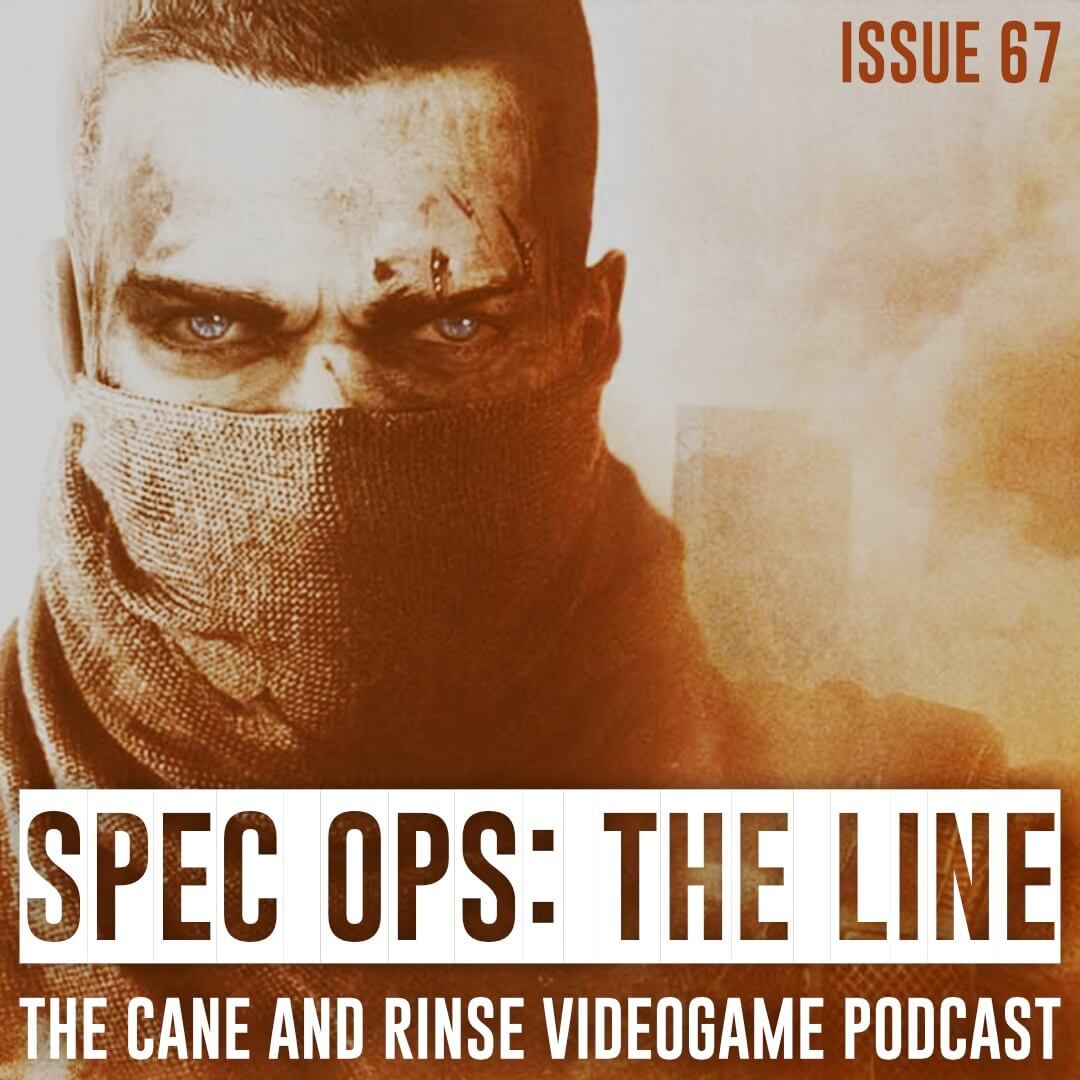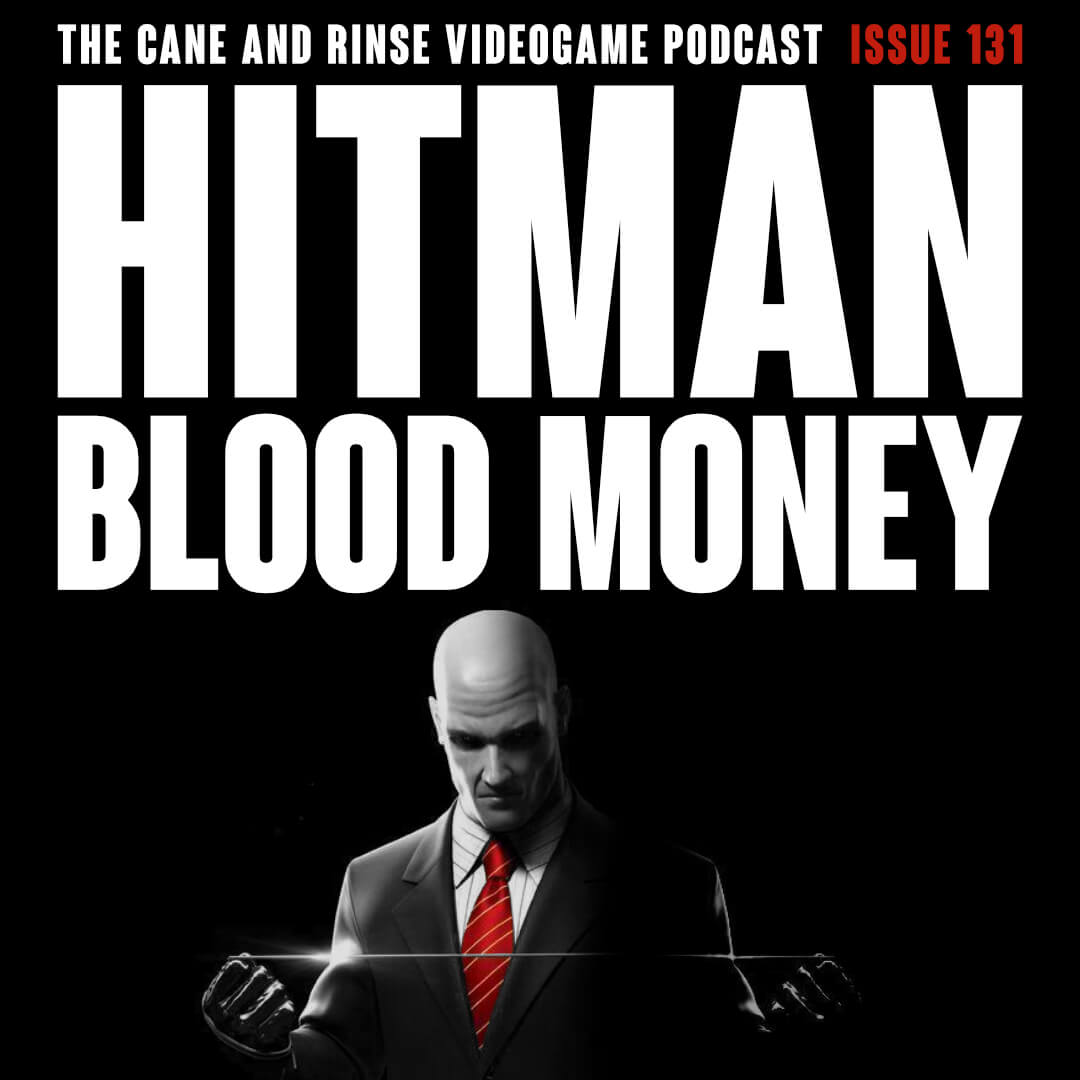We live in an age of gaming that repeatedly capitalises on the ‘retro’.
Remakes, reimaginings, franchise reboots, re-releases and independently developed downloadable titles with 8 or 16-bit style pixel-art are rampant right now.
If the continuous flow of such content is to be interpreted in any way it is that it is logical to assume that they must be popular with the mass consumer.
This trend of profiting off of the past isn’t surprising, because retrospection is in vogue outside of gaming too.
My wife continuously flaunts various 60s, 70s and 80s-inspired fashion trends and for the last few years browsing home electronics stores I have come across hifi systems, kettles and fridges designed to invoke recollections of times long since passed.
Movies continually revisit classic hits (and occasionally classic flops) too, in order to draw in a cross-generational audience, while TV is bursting at the seams with things that we were watching as a child, only “not as good”, according to those of us who remember these things the first (or in some cases second, or even third) time around.
Did you hear that Thunderbirds is back on the small screen? With this in mind is it such a surprise that Shovel Knight and DuckTales: Remastered have both been so popular?
Something being old is not the same as it being nostalgic of course. For me nostalgia is a curious thing and it can be invoked in many ways.
To use Wolfenstein 3D example, playing it today immediately takes me back to getting the shareware version on a floppy disk at a computer trade show I attended with my grandparents in the early nineties.
I was six at the time and the game itself was already a year or two old, I remember the wooden fold up tables scattered about the hall I was in, with computer components and the larger than life rectangular cardboard boxes piled atop of them (Monkey Island 2: Lechuck’s Revenge and Indiana Jones and the Fate of Atlantis in particular spring to mind).
I then remember when I got the game some months later and the experience of talking about it on the playground, we were too young to play that particularly intense and violent game, and we knew that and we loved it.
This is just one nostalgia-induced experience (of many) I have had. Some are of playing games, some of the experiences surrounding the games and some of my life at the time of the games.
The more curious thing is that this tells me that nostalgia, unsurprisingly, is a poor gauge of whether or not a game is good because your perception will doubtless be tainted by the other memories accompanying the game in question.
The phrase ‘rose-tinted glasses’ comes to mind, though I suppose the opposite effect can also occur. In the case of Wolfenstein 3D, it’s talking about the game with friends or relating it to a particular place that makes it special for me but the movement to moment gameplay fails to entertain me these days.
So, what then is the value of nostalgia?
The original Devil May Cry, a game I once loved, I recently found to be clunky and unwieldy in comparison to later iterations.
I planned to write about my experience with it but quickly abandoned the piece because it read too much like a GamesMaster review from the nineties.
I found that although I remembered the game as a fun, action romp through a demon-infested castle what it felt like when revisiting it is a faster, angst filled, Resident Evil hybrid retooled for melee combat (which is of course exactly what it was).
I still found things to like about the game; the flow, the bosses and the weapons to name but three. However these aspects exist elsewhere and have since been refined.
I didn’t feel as though I was playing a classic, I felt as though I was playing a crippled version of the modern takes on the genre. I was heartbroken!
OK, maybe that’s a little extreme, it would be better to say that I was very mildly agitated.
Interestingly, now that I am not playing the game, I love it again. I can’t tell you whether I feel positive towards Devil May Cry now because my teenage nostalgia has reformed, or whether my disappointment replaying it was because my teenage nostalgia exculpated my expectations.
It is possible that there is some truth in both, but what I cannot deny is that whereas before replaying DMC I would recommend people give it a try, now I wouldn’t.
Another game I have recently spent some time with is The Secret of Monkey Island. I originally played this when I was much younger and loved it, although didn’t manage to see it through to the end.
I remember finding it silly, fun and engaging. I recall talking to a friend of mine about how wacky the puzzles were and asking his mother what a red herring was and why the colour of the fish was even relevant. She failed to give a satisfactory answer, which has always stuck with me. I guess I kind of judge her for that.
I came back to the game in the form of the 2009 Special Edition. I played it with the original style visuals enabled, mainly because the new voiceover work irritates me – not on a technical level but because the characters don’t sound how I imagined.
I now get more of the game’s many references, understand more of its witty wisecracks and have managed to solve the puzzles without consulting people more mature than I. In this case the nostalgic experience has been built upon rather than battled with.
My recent experiences have taught me that although subjective, nostalgia is fashionable, marketable and easy to exploit, yet comes in many different forms with many varying grades of intensity.
You cannot rely on it as a benchmark for quality and it will cloud your expectations.
Here at Cane and Rinse we have a community of critics, people who love games new and old but are not afraid to praise and critique as required and remain passionate about our chosen medium regardless.
Being a strong critic means not relying on nostalgia and being able to look around it, however it is interesting to discuss and should never be ignored completely in critical analysis because it can help give context to the era something was released, the demographic it was targeted at or the impact it had at the time.
Separating the facts from the incomplete memories is a difficult thing for any critic to do but something we are aware of and consider.


